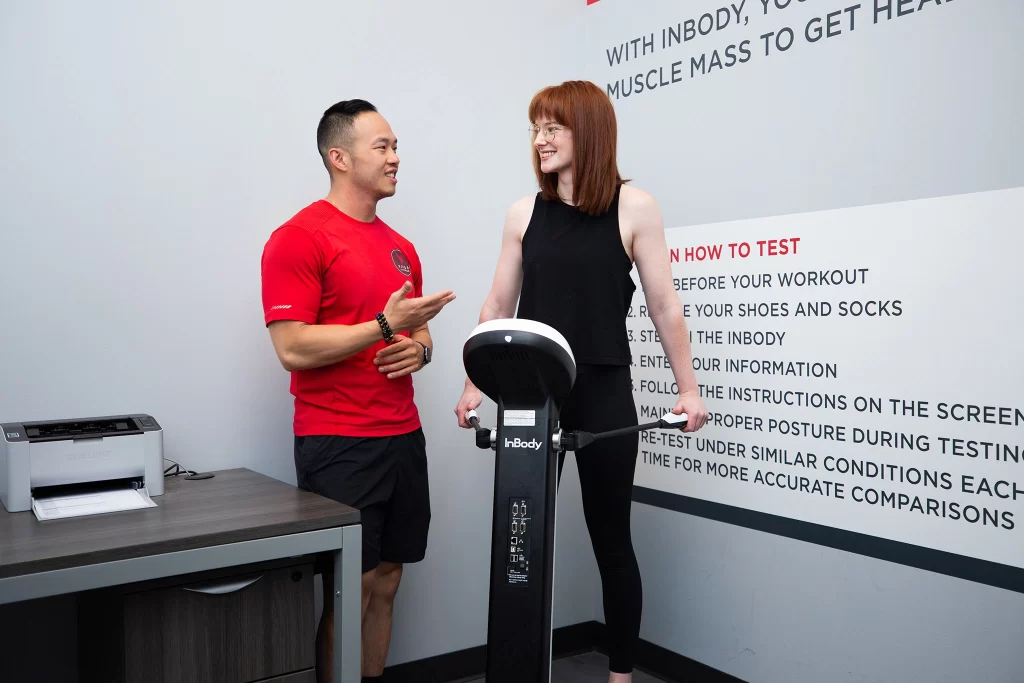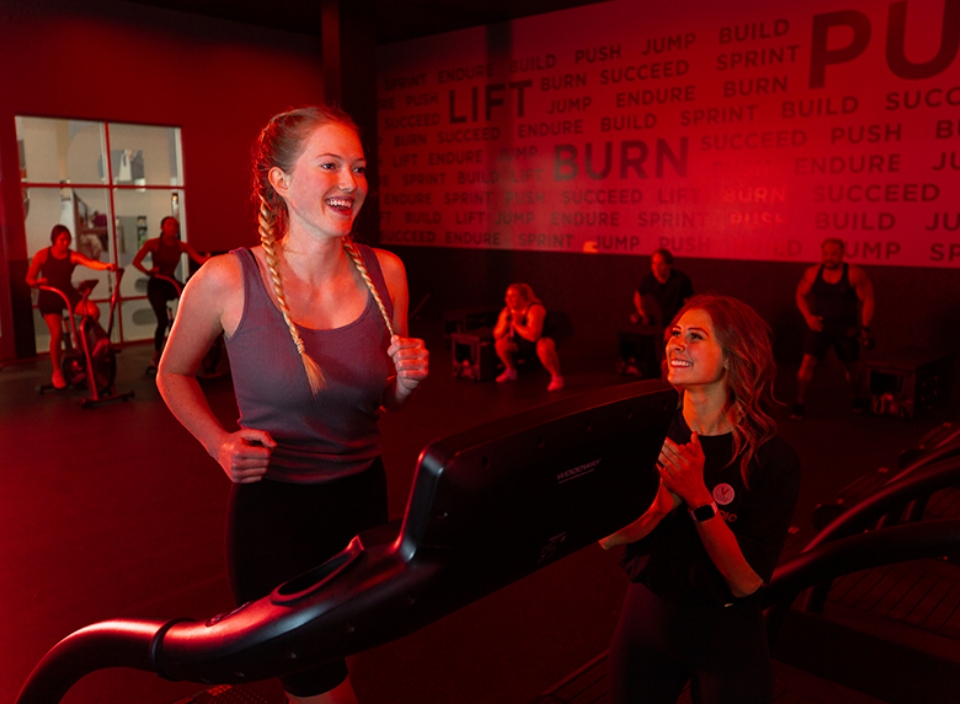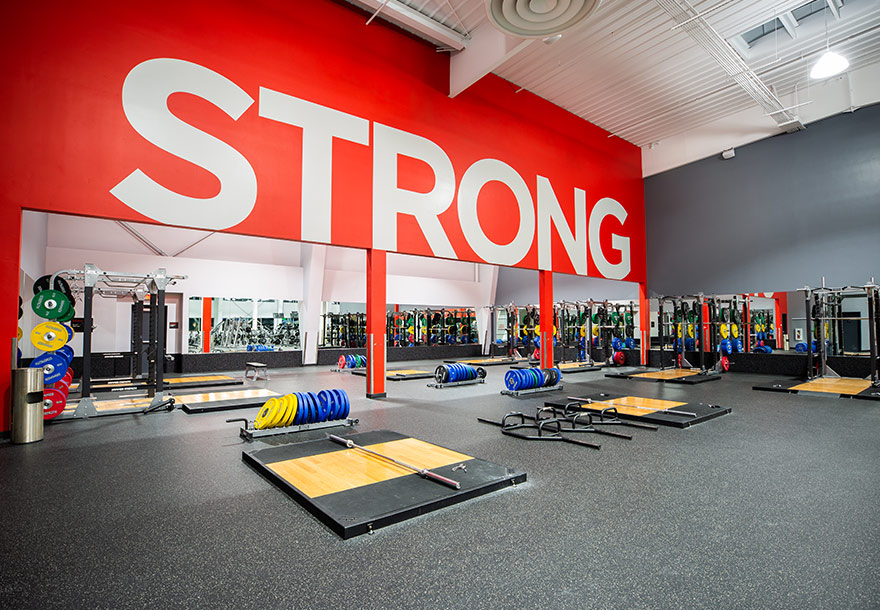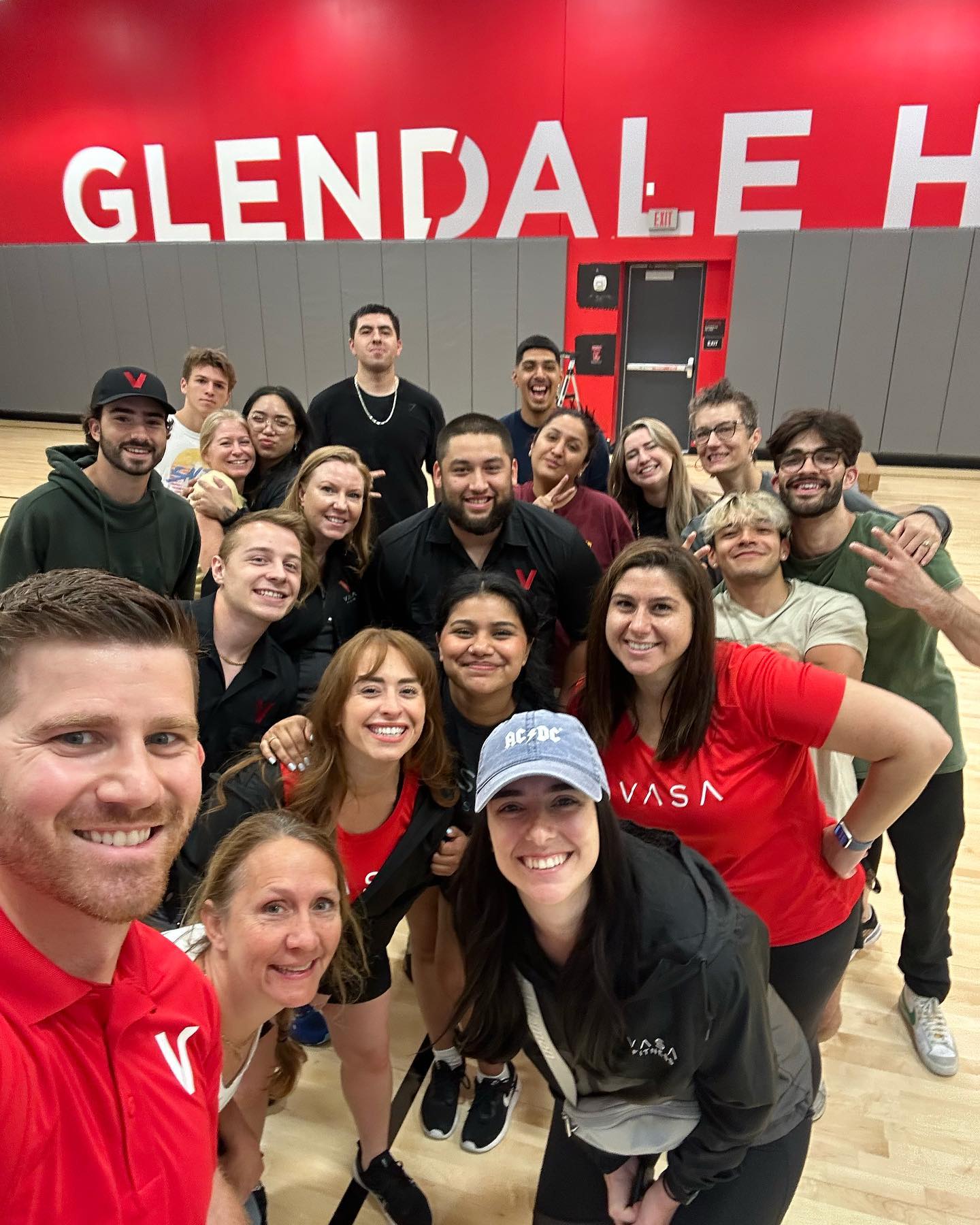Eat Smart, Perform Strong: Maximizing Your Potential
Whether you’re an athlete striving for peak performance or someone looking to make your daily activities feel a little easier, proper nutrition will help you reach your full potential. At its core, nutrition for performance involves providing the body with the right balance of macronutrients, such as carbohydrates, proteins, and fats, and micronutrients, including vitamins and minerals, to support energy production, muscle function, recovery, and overall health. By understanding the role of each nutrient and how they work together to fuel and nourish the body, you can make informed choices about your diet to enhance performance, improve recovery, and achieve your goals. So let’s dive into the world of nutrition science together and chat about practical ways to fuel up before, during, and after your workouts.

Fueling Your Body for Different Activities
Fueling your body appropriately for different activities is essential to optimize performance and support overall well-being. The nutritional requirements vary depending on the type, intensity, and duration of the activity. For example, before engaging in a high-intensity workout or endurance exercise, it’s important to consume a balanced meal or snack rich in carbohydrates for immediate energy, along with some protein to support muscle repair and recovery. Tailoring your nutrition to meet the specific demands of different activities can help optimize performance, enhance endurance, and accelerate recovery, ultimately enabling you to achieve your fitness goals more effectively.
Optimal Nutrition for Specific Goals
Optimizing nutrition for specific goals involves tailoring your dietary intake to support your individual objectives, whether it’s building muscle, improving endurance, or managing weight. For those aiming to build muscle mass, prioritizing protein intake is essential to support muscle growth and repair, while also ensuring an adequate intake of carbohydrates and energy. Endurance athletes, on the other hand, may benefit from carbohydrate loading strategies to maximize glycogen stores and sustain energy levels during prolonged exercise. For individuals looking to manage weight, focusing on a balanced diet that includes plenty of fruits, vegetables, lean proteins, and whole grains can help support weight loss or maintenance goals while providing essential nutrients and promoting satiety. By understanding your specific goals and nutritional needs, you can design a personalized eating plan that optimizes performance, supports recovery, and ultimately helps you achieve your desired outcomes.
Quality vs. Quantity: Making Smart Food Choices
When it comes to making smart food choices, the age-old debate of quality versus quantity comes into play. While it may be tempting to focus solely on the quantity of food consumed, prioritizing quality is equally, if not more, important for overall health and well-being. Quality food choices involve selecting nutrient-dense options that provide essential vitamins, minerals, and antioxidants, while minimizing the intake of processed and unhealthy foods. By opting for whole, unprocessed foods and paying attention to portion sizes, individuals can fuel their bodies with the nutrients they need to thrive, while also avoiding the pitfalls of overconsumption and excess calories. Ultimately, making smart food choices means striking a balance between quantity and quality, ensuring that each meal is not only satisfying but also nourishing and supportive of long-term health goals.

Hydration for Peak Performance
Staying properly hydrated is critical for sustaining energy levels, improving exercise performance, and facilitating recovery. Water plays a crucial role in nearly every bodily function. From regulating body temperature to transporting nutrients and oxygen to cells, adequate hydration is essential for supporting metabolism, digestion, circulation, and cognitive function. By prioritizing hydration and ensuring adequate fluid intake throughout the day, you can optimize your health, enhance your physical and mental performance, and maintain overall well-being.
Practical Tips for Everyday Nutrition
Incorporating practical tips for everyday nutrition into your routine can help you make healthier choices and improve your overall well-being. Start by focusing on whole, unprocessed foods such as fruits, vegetables, whole grains, lean proteins, and healthy fats. Aim to fill your plate with a variety of colorful fruits and vegetables to ensure a diverse array of nutrients. Planning and preparing meals ahead of time can also make it easier to stick to healthy eating habits throughout the week. Additionally, paying attention to portion sizes and practicing mindful eating can help prevent overeating and promote a healthier relationship with food. Finally, staying hydrated by drinking plenty of water throughout the day and limiting sugary beverages can further support your nutritional goals. By incorporating these practical tips into your daily routine, you can nourish your body with the nutrients it needs to thrive and feel your best.

Tracking Your Progress and Adjusting Your Approach
By regularly monitoring your progress, whether it’s tracking your food intake, exercise habits, or body measurements, you can gain valuable insights into what’s working and what’s not. This allows you to identify patterns, trends, and areas for improvement, enabling you to make informed decisions about how to adjust your approach moving forward. Whether it’s increasing your daily vegetable intake, modifying your workout routine, or experimenting with different meal timing strategies, being willing to adapt based on feedback is key to overcoming challenges and reaching your goals. By embracing a flexible approach to nutrition and fitness, you can continually refine your habits and behaviors to better support your health and well-being in the long run.
Conclusion
Optimizing nutrition for performance is not just about fueling our bodies—it’s about empowering ourselves to thrive in every aspect of our lives. By understanding the role that nutrition plays in supporting our physical and mental well-being, and by making smart food choices that prioritize quality over quantity, we can unlock our full potential and achieve our goals with greater ease and efficiency. From fueling our bodies for different activities to tracking our progress and adjusting our approach along the way, the journey towards optimal nutrition is a dynamic and ever-evolving process.
SUBSCRIBE TO OUR BLOG
Enter your email to start receiving our blog emails!









